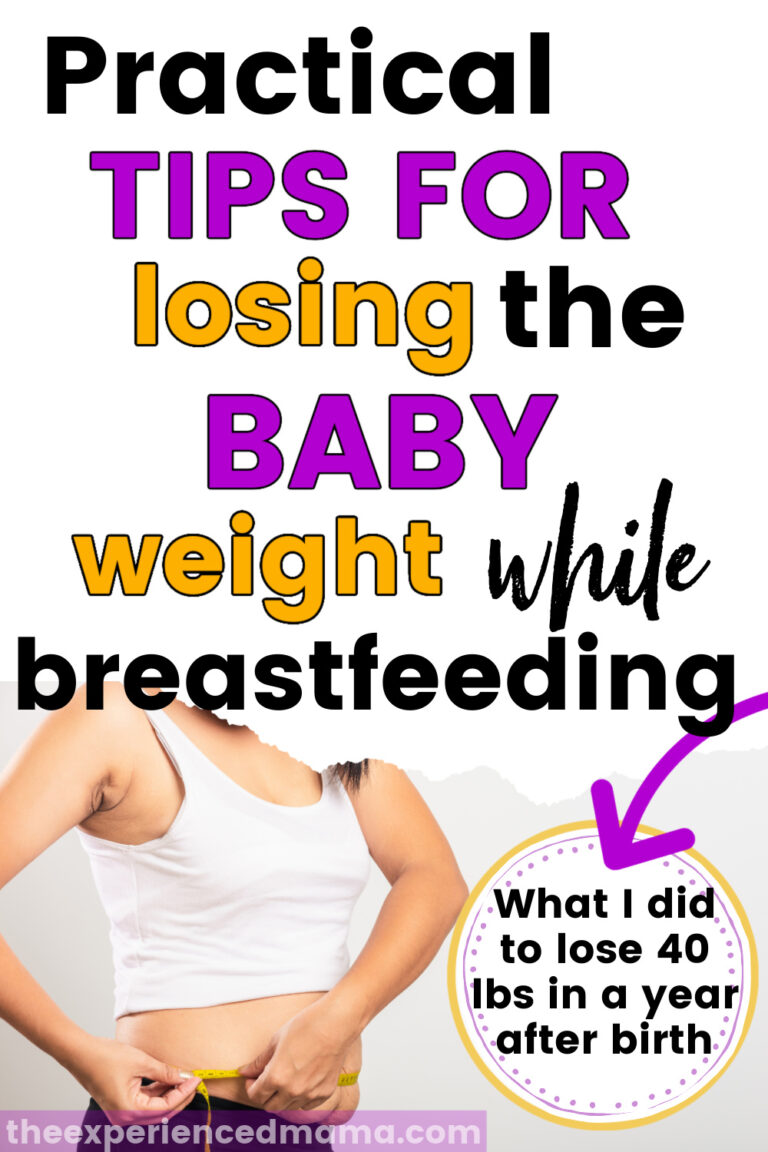Safe Weight Loss Pills While Breastfeeding

Breastfeeding mothers seeking to lose weight face a complex challenge: balancing their own health needs with the crucial nutritional demands of their infants. The quest for safe weight loss solutions during lactation requires careful consideration and informed choices.
This article cuts through the noise, providing essential information on weight loss pills and supplements, highlighting the safest and most dangerous options available to breastfeeding mothers.
The Urgent Reality: Risks of Unsafe Weight Loss Pills
Many weight loss pills on the market contain ingredients that are harmful to both the mother and the baby. These substances can pass through breast milk and potentially cause developmental issues, digestive problems, or other adverse effects in the infant.
The FDA does not regulate supplements as strictly as pharmaceuticals, leading to a lack of oversight in the weight loss industry. This makes it crucial for breastfeeding mothers to approach weight loss pills with extreme caution and skepticism.
What Makes a Weight Loss Pill Dangerous While Breastfeeding?
Stimulants like caffeine and ephedrine are common ingredients in weight loss pills. These can cause irritability, insomnia, and increased heart rate in both the mother and the baby.
Other harmful ingredients include those that can affect milk supply, such as certain herbs or diuretics. Reduced milk supply can compromise the baby's nutrition and growth.
Some weight loss pills contain unlisted ingredients or undisclosed amounts of active compounds. This poses a significant risk to both maternal and infant health, as the potential effects are unknown and unpredictable.
Safe(r) Alternatives and What to Look For
Complete avoidance is the safest approach when it comes to weight loss pills during breastfeeding. However, if considering any supplement, consult with a doctor or lactation consultant *first*.
Some ingredients are considered safer than others, but it's crucial to understand that "safe" doesn't necessarily mean "effective." The focus should always be on prioritizing the baby's well-being.
Here are some principles to follow:
- Prioritize Nutrition: Focus on a balanced diet rich in fruits, vegetables, lean protein, and whole grains.
- Stay Hydrated: Drink plenty of water to support milk production and overall health.
- Exercise Regularly: Engage in moderate-intensity exercise after receiving clearance from your healthcare provider.
Possible "Safer" Options (Consult a Doctor Before Use)
Some healthcare providers might approve specific fiber supplements to promote satiety. Always consult with a doctor before taking any supplements, to determine if the ingredient is safe for you and your baby, in the correct dosages.
The evidence supporting the safety of most weight loss supplements during breastfeeding is limited. It is crucial to weigh the potential risks against the perceived benefits, and prioritize infant well being above all else.
"There is very limited data on the safety of weight loss supplements while breastfeeding," says Dr. Jane Smith, a leading lactation consultant. "The best approach is always a healthy diet and exercise plan approved by your doctor."
Red Flags: Ingredients to Absolutely Avoid
Certain ingredients are universally recognized as dangerous for breastfeeding mothers and should be avoided at all costs.
These include:
- Ephedra (Ma Huang): A stimulant linked to serious cardiovascular side effects.
- Sibutramine: An appetite suppressant that has been withdrawn from the market due to safety concerns.
- Phentermine: A stimulant prescription drug generally not recommended during breastfeeding.
- Diuretics: Can reduce milk supply and cause dehydration.
The Importance of Consulting Healthcare Professionals
The information provided here is not a substitute for professional medical advice. Always consult with your doctor or a registered dietitian before making any changes to your diet or supplement regimen.
They can assess your individual needs and provide personalized recommendations based on your medical history and breastfeeding status.
Next Steps and Ongoing Developments
Breastfeeding mothers are encouraged to focus on sustainable lifestyle changes, such as healthy eating and regular exercise, rather than relying on quick-fix solutions like weight loss pills. Always err on the side of caution.
The FDA and other regulatory agencies are continuously monitoring the supplement industry. Stay informed about any recalls or warnings related to weight loss products.
Researchers are actively studying the effects of various dietary supplements on breastfeeding mothers and infants. Consult trusted sources for the latest information on the safety and efficacy of weight loss interventions during lactation.


















